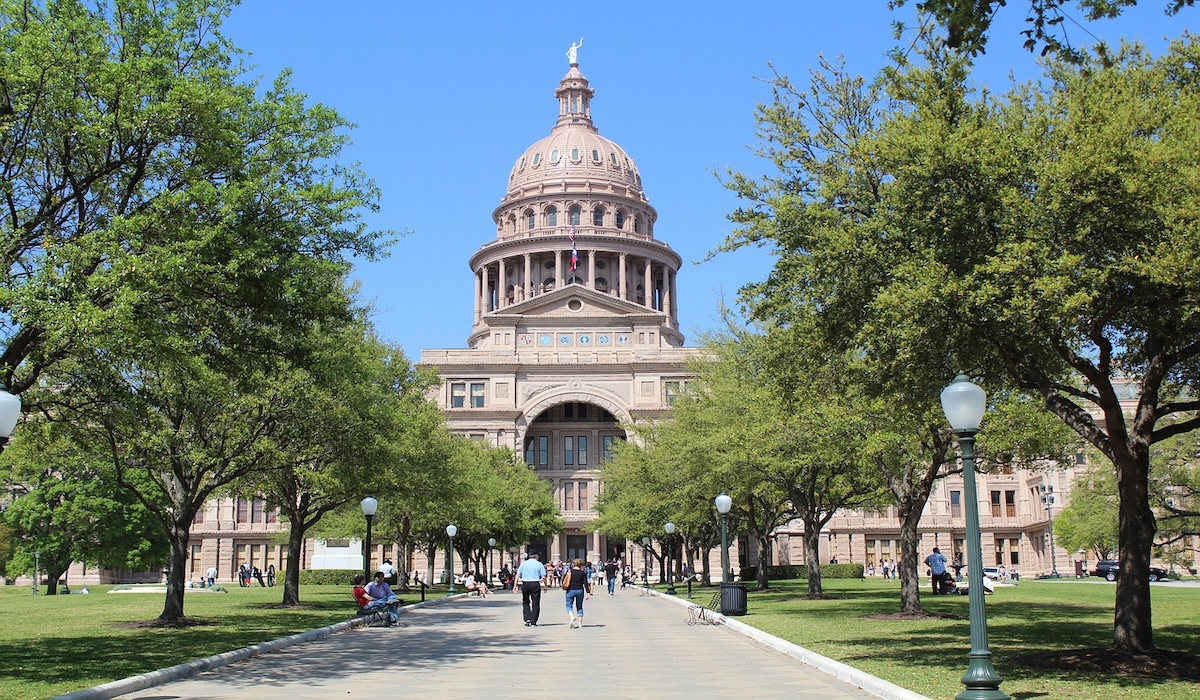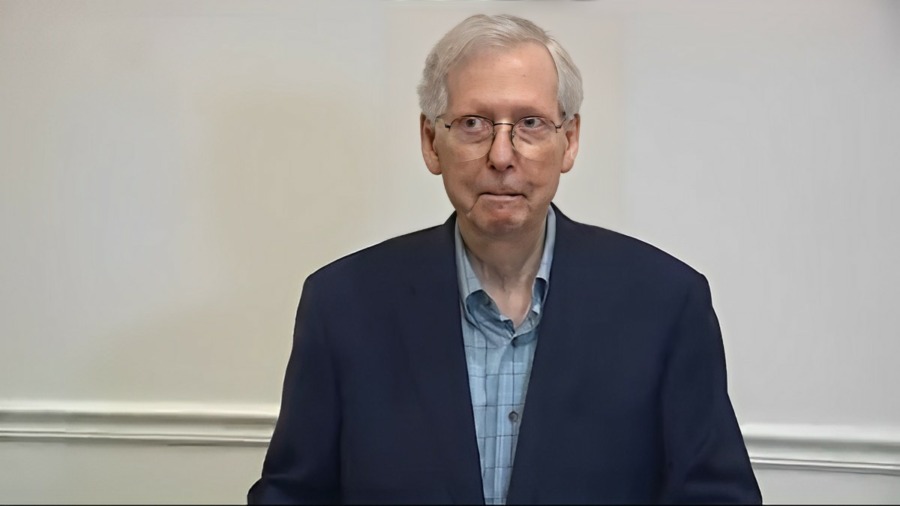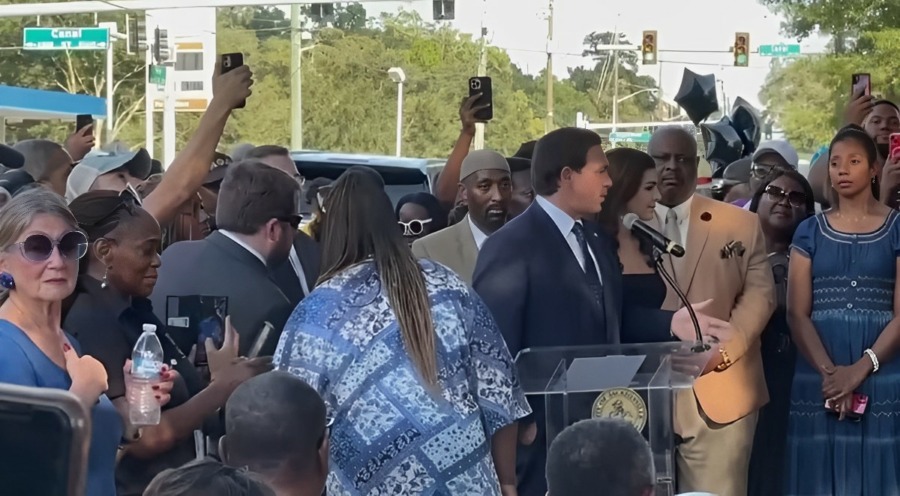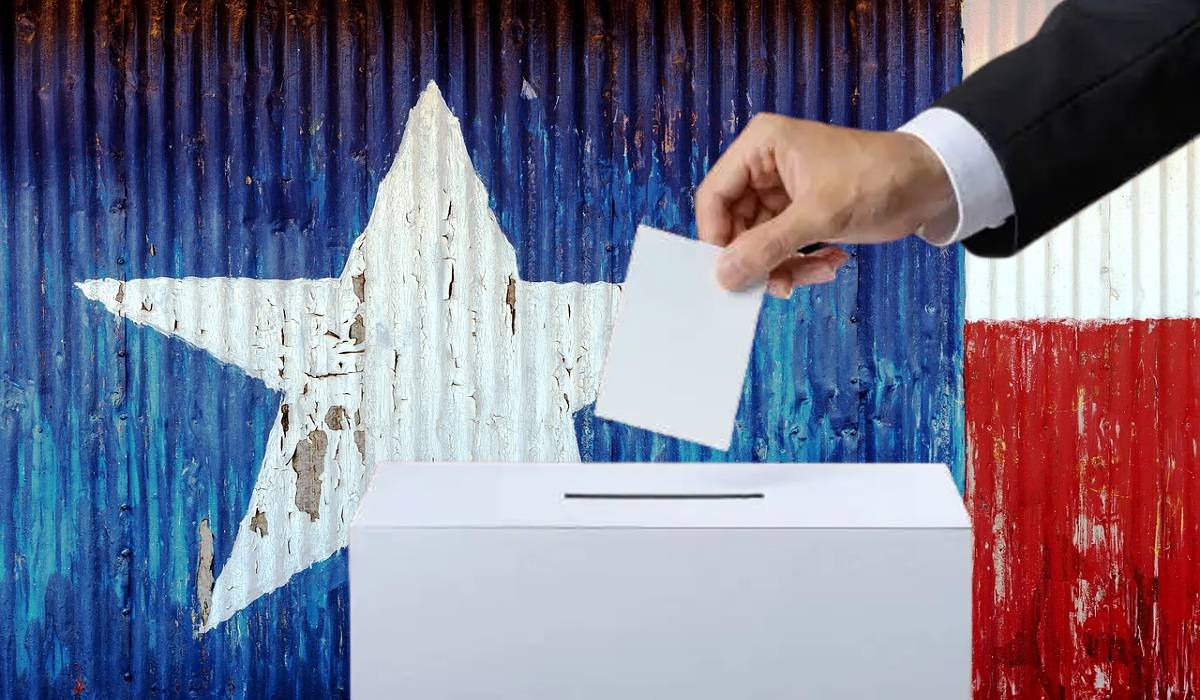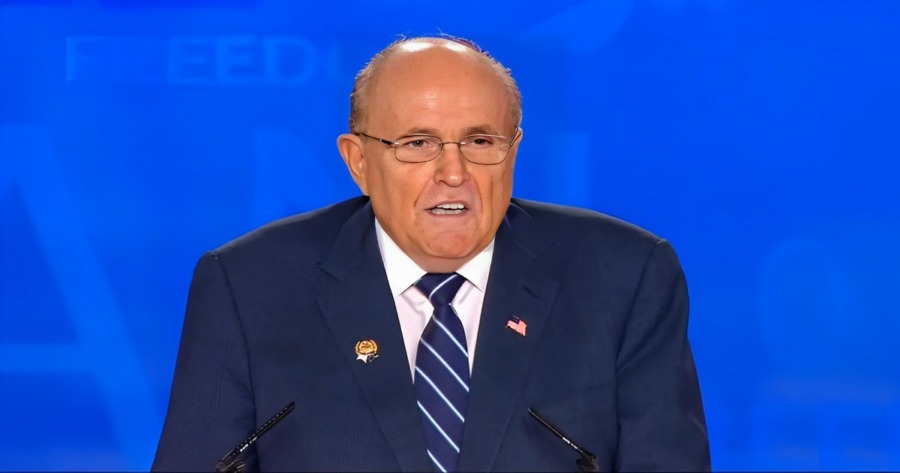Maryland Governor Pardons More Than 175,000 Marijuana Convictions
- Kingston Bailey
- Southern USA
- June 17, 2024
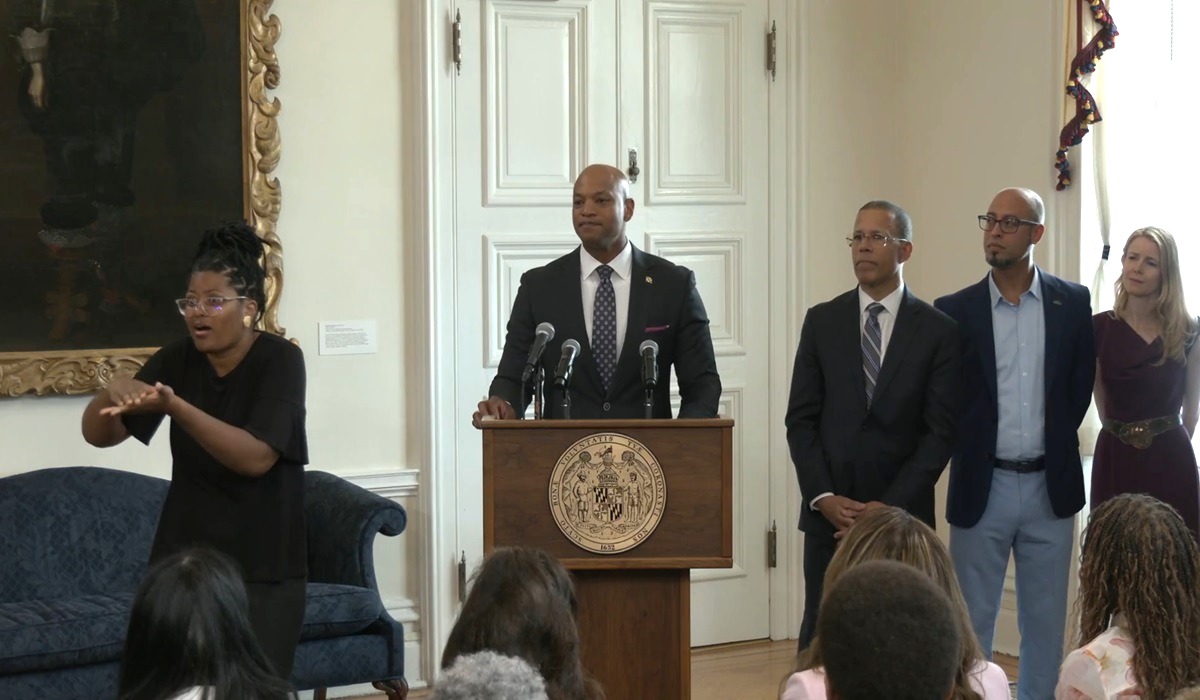
In a landmark move, the Governor of Maryland has issued pardons for over 175,000 marijuana-related convictions. This action represents a significant step toward rectifying the historical injustices associated with the War on Drugs, particularly those disproportionately affecting communities of color.
Last year, Maryland residents voted overwhelmingly in favor of legalizing recreational cannabis. This decision reflected a broader shift in public opinion towards marijuana and its legalization. Despite these changes at the state level, cannabis remains illegal under federal law, creating a patchwork of regulations across the United States. Currently, 24 states, two territories, and Washington D.C. have legalized cannabis for adult recreational use, while 38 states permit the medical use of cannabis products.
The majority of the offenses pardoned by the Maryland Governor are low-level possession and other minor infractions. These convictions have long-lasting impacts, including barriers to employment and other opportunities, which can perpetuate cycles of poverty and crime. Maryland Attorney General Anthony G. Brown emphasized the historical context of these convictions, stating, “Our current reality of disproportionate arrests and convictions are the residuals of slavery. The War on Drugs was a war on communities of color.”
Having a clean record can dramatically improve an individual’s life prospects, opening doors to jobs, housing, and education. For many, these pardons are not just a legal reprieve but a chance to rebuild their lives. “Having a clean or criminal record is sometimes a matter of not being able to work, and as a result, many can lead to a life of crime,” Brown noted. The move is seen as a significant announcement that could inspire similar actions in other states.
Maryland’s decision aligns with a broader national and international trend towards the decriminalization and legalization of marijuana. Neighboring Canada, for example, has fully legalized cannabis, setting a precedent that many advocates hope the United States will follow at the federal level.
This mass pardon in Maryland serves as a call to action for other states to consider similar measures. It highlights the need for comprehensive drug policy reform and the importance of addressing the societal impacts of past legislation. As more states and countries move towards legalization, the conversation around cannabis continues to evolve, focusing not just on the substance itself but on the broader implications for justice and equity.


